
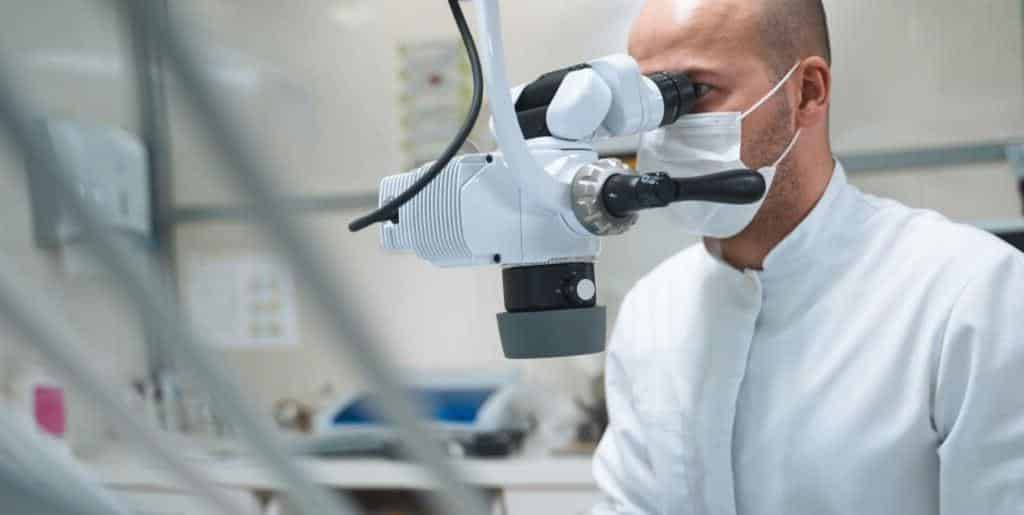
Root canals are notorious for causing anxiety and discomfort. However, Laser Root Canal Therapy presents a revolutionary solution. This innovative dental procedure employs laser technology to make root canals nearly painless and minimally invasive. By precisely targeting infected tissue and preserving healthy tooth structure, it reduces discomfort, shortens treatment times, and minimizes post-procedure complications.

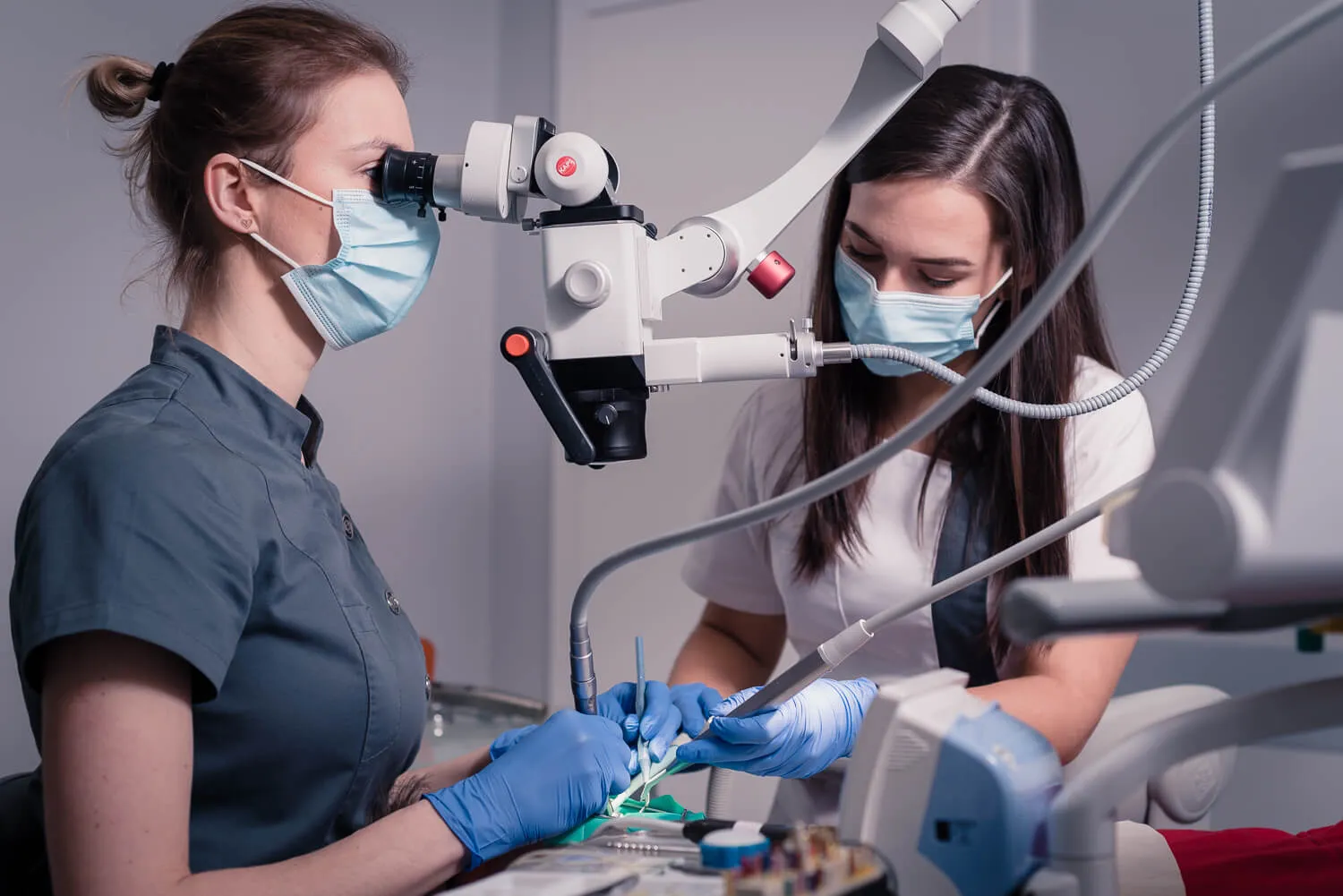
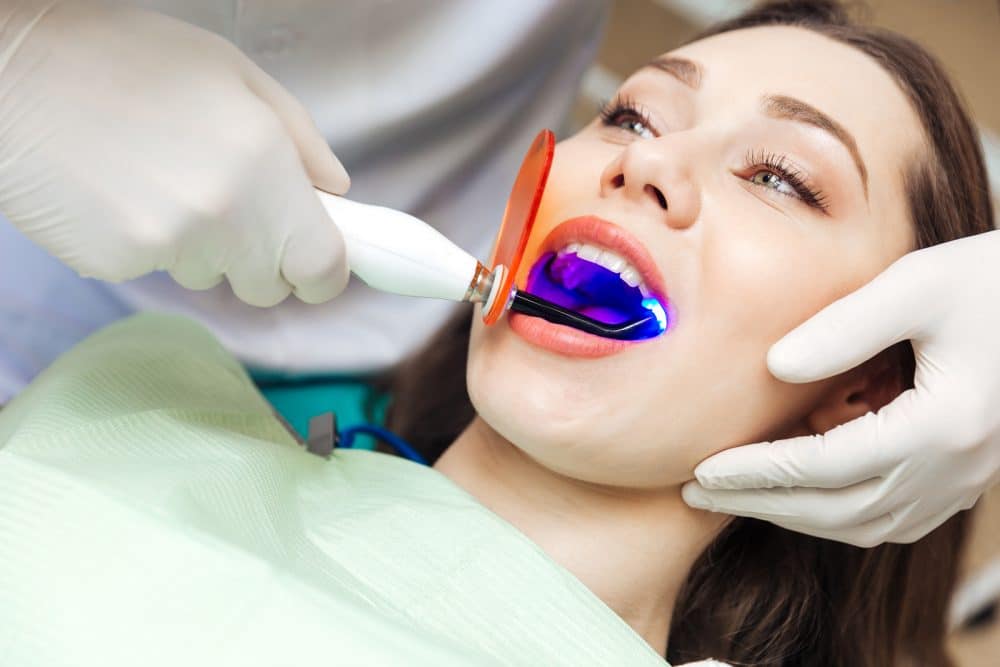
It also eliminates the need for noisy dental drills, providing a more comfortable and anxiety-free experience for patients.
Laser Root Canal Therapy is poised to change the way we perceive and experience this essential dental procedure, offering a quicker path to oral health and peace of mind.
Laser Application:Instead of traditional hand tools, a laser is used to remove the infected or damaged pulp tissue and clean the root canals. The laser helps to disinfect the area more thoroughly and can target specific areas with high precision.
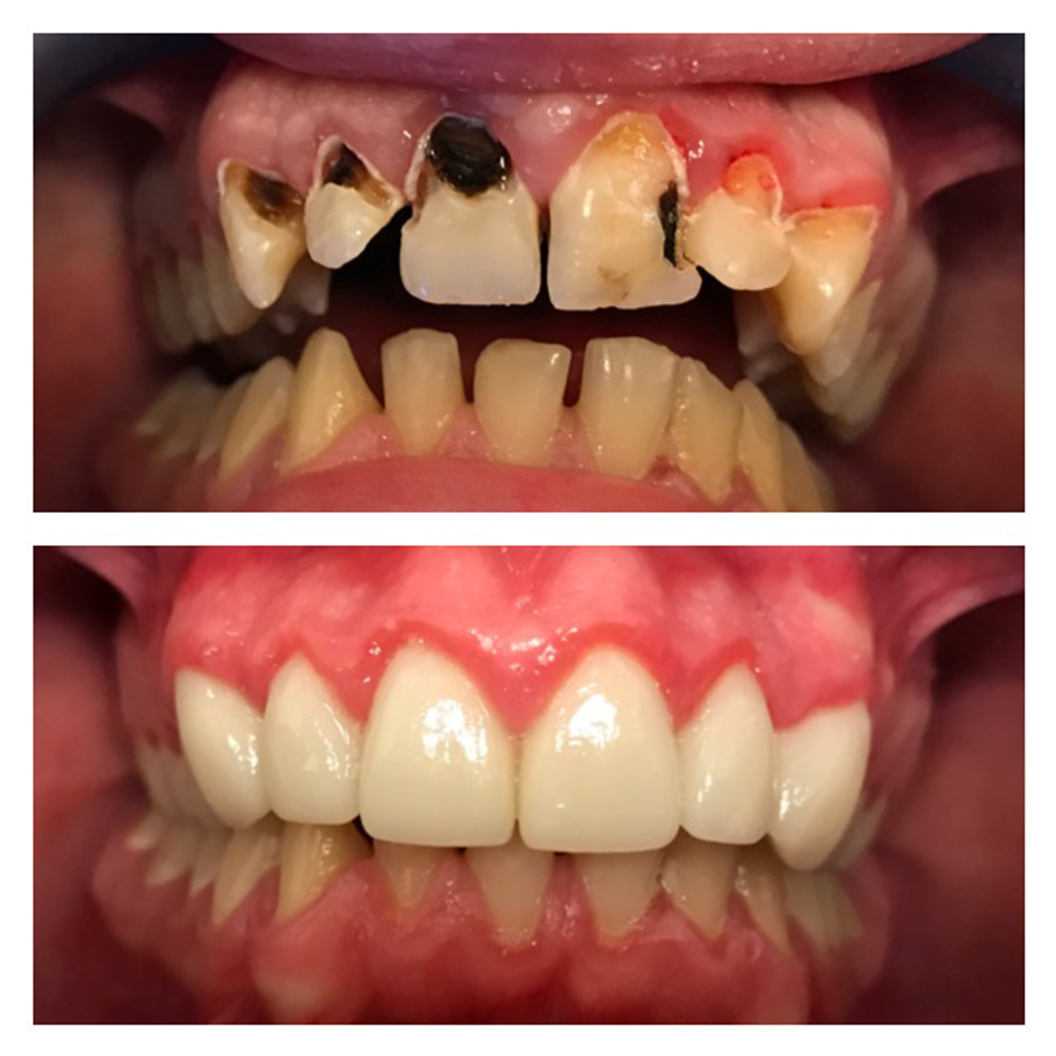
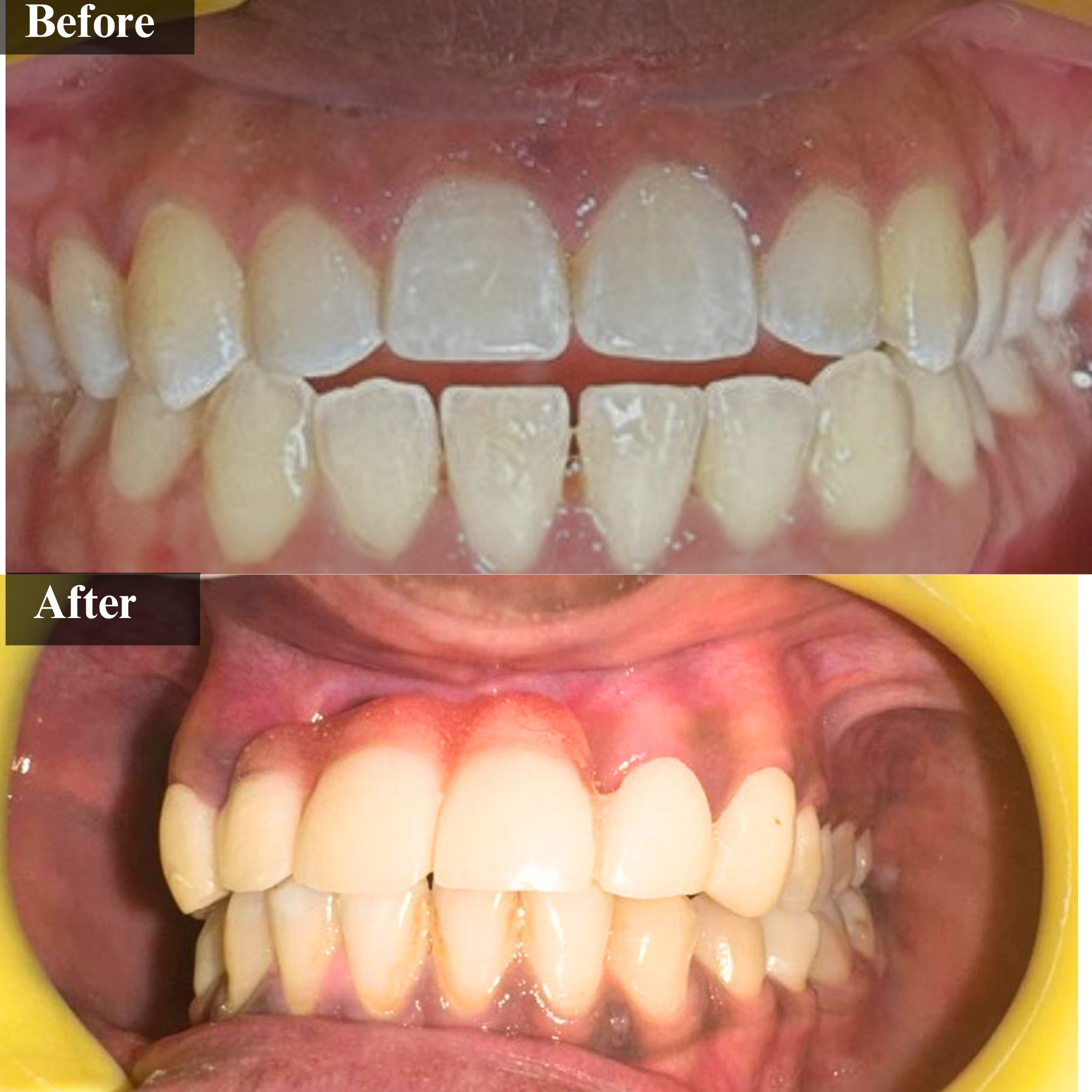
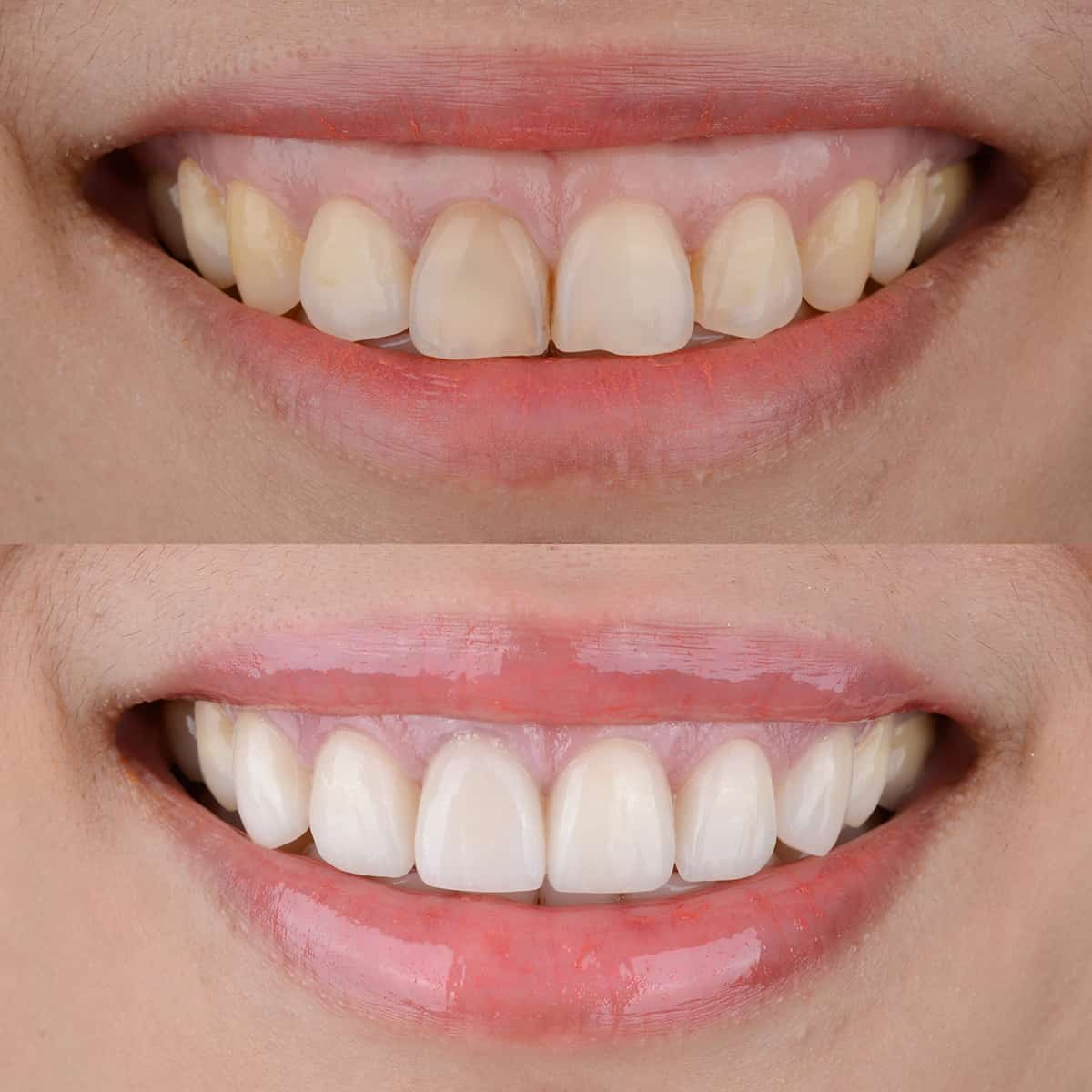
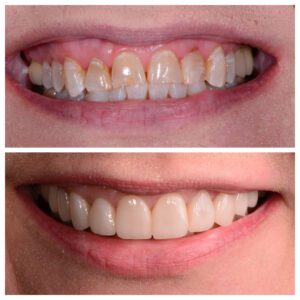
Laser root canal therapy harnesses the power of a focused light beam to effectively cleanse root canals. Even when root canals are meticulously cleaned and shaped, certain bacteria may still linger within the canal walls.
However, the introduction of a laser beam into the canal accomplishes the complete eradication of these remaining bacteria, rendering the canal completely sterile.
This sterilization is a crucial factor in ensuring the success of any root canal treatment. Laser therapy works by essentially "melting" away the bacterial debris and infection, referred to as the "smear layer," from the root
In comparison to traditional root canals, laser dentistry offers the advantages of reduced treatment time and less discomfort, allowing individuals to swiftly resume their normal lives.
Post-root canal complications, though rare, can include pain, swelling, or infection, typically managed with painkillers, antibiotics, or retreatment. Weakened tooth structures may crack, necessitating a protective crown.
In severe cases, tooth extraction and replacement might be necessary. Rarely, nerve damage can lead to altered sensations.
Reinfection risks arise if the tooth's protective crown becomes damaged. Success largely depends on adhering to post-treatment instructions, attending follow-up appointments, and maintaining oral hygiene. Promptly consult your dentist if you experience severe discomfort or unusual symptoms post-root canal for timely intervention and resolution.



